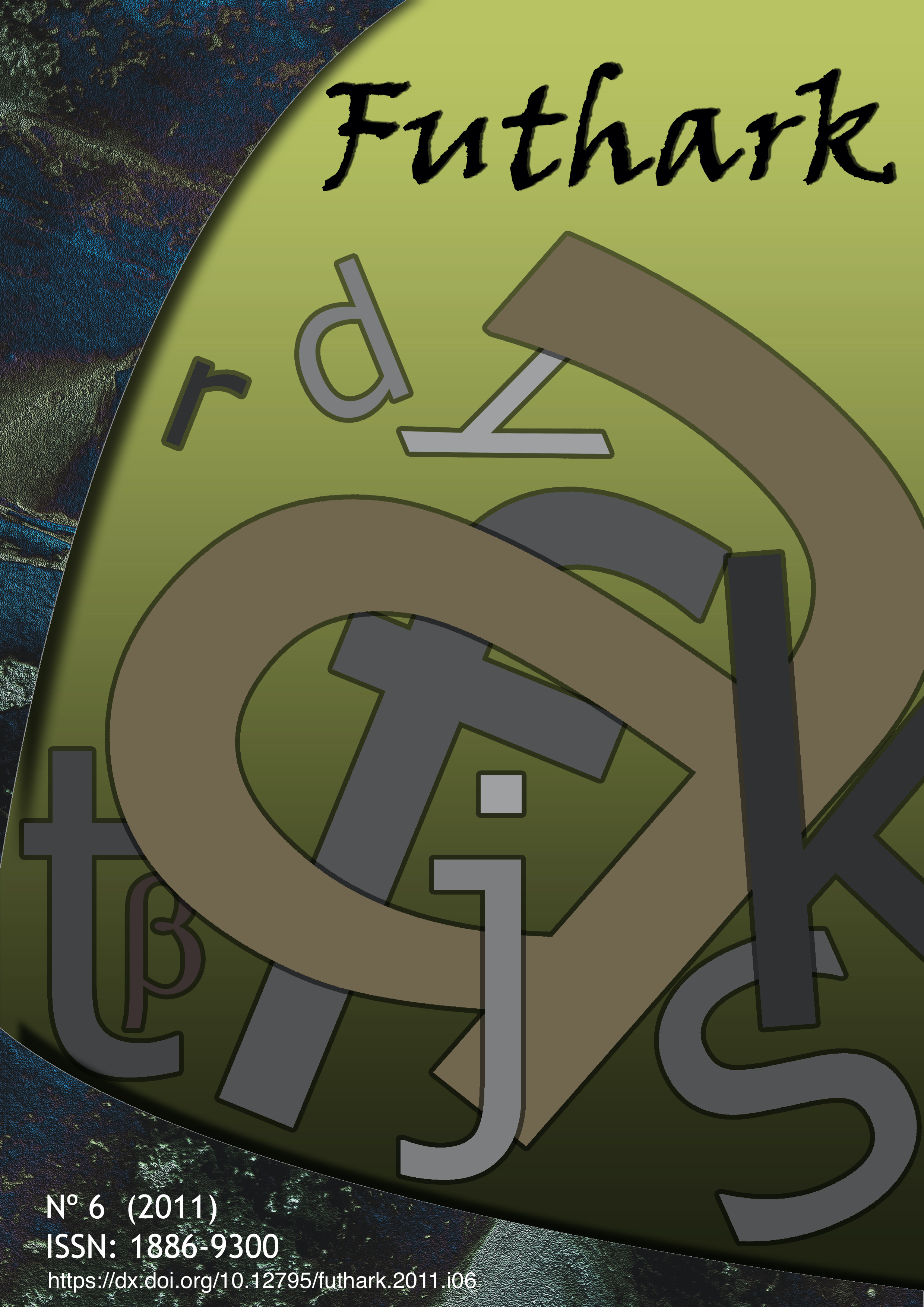L’equidistanza ironica tra comico e tragico nella Mandragola di Machiavelli
Palabras clave:
MACHIAVELLI – THE MANDRAKE – ITALIAN LITERATURE – THE CINQUECENTO – THEATER – POLITICS – COMEDY – TRAGEDY – IRONY – JANKÉLÉVITCH – ITALIAN RENAISSANCE – FORTUNE – VIRTUE – POLITICAL THEORY – CALLIMACO – LUCREZIA – LIGURIO – NICIAResumen
This article analyzes The Mandrake, a theater play written by Machiavelli which, on the one hand has many aspects in common with other writings by the Florentine author and, on the other, offers plenty of fresh and innovative nuances. Indeed, if this comedy deals with some of Machiavelli’sarchetypical elements (such as Fortune and Virtue), one should also consider that the narration unfolds on a background that is neither necessarily historical, nor tragic and not even merely comical. As a consequence, this essay intends to apply to The Mandrake a category that may seem foreign to Machiavelli’s universe. A category developed centuries after the Florentine writer and influenced by authors and thinkers such as Pirandello and Bergson, but also by the likes of an erudite scholar and writer such as Umberto Eco. A category called ‘irony’, based on the definition offered by Vladimir Jankélévitch.
The purpose of this article is to emphasize how the peculiarities of the ironic process prove to be useful in shedding some light on some aspects of this play, which cannot be analyzed as thoroughly by the classic interpretations usually applied to Machiavelli’s texts. In fact, the category of irony – being situated halfway between comedy and tragedy – offers new interpretations that allow us to fill the gap between the comical and the tragic aspects that characterize Machiavelli’s The Mandrake.




